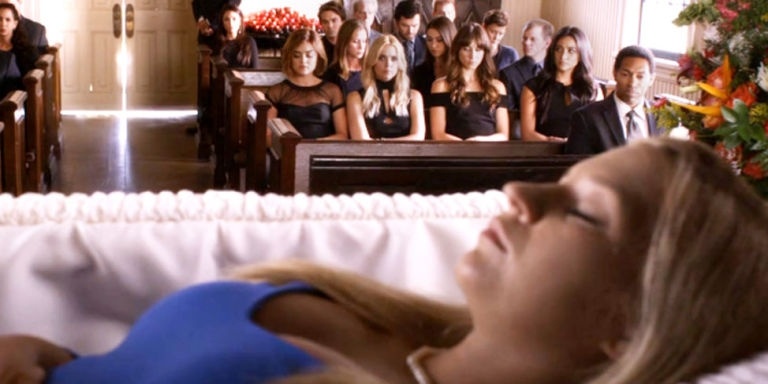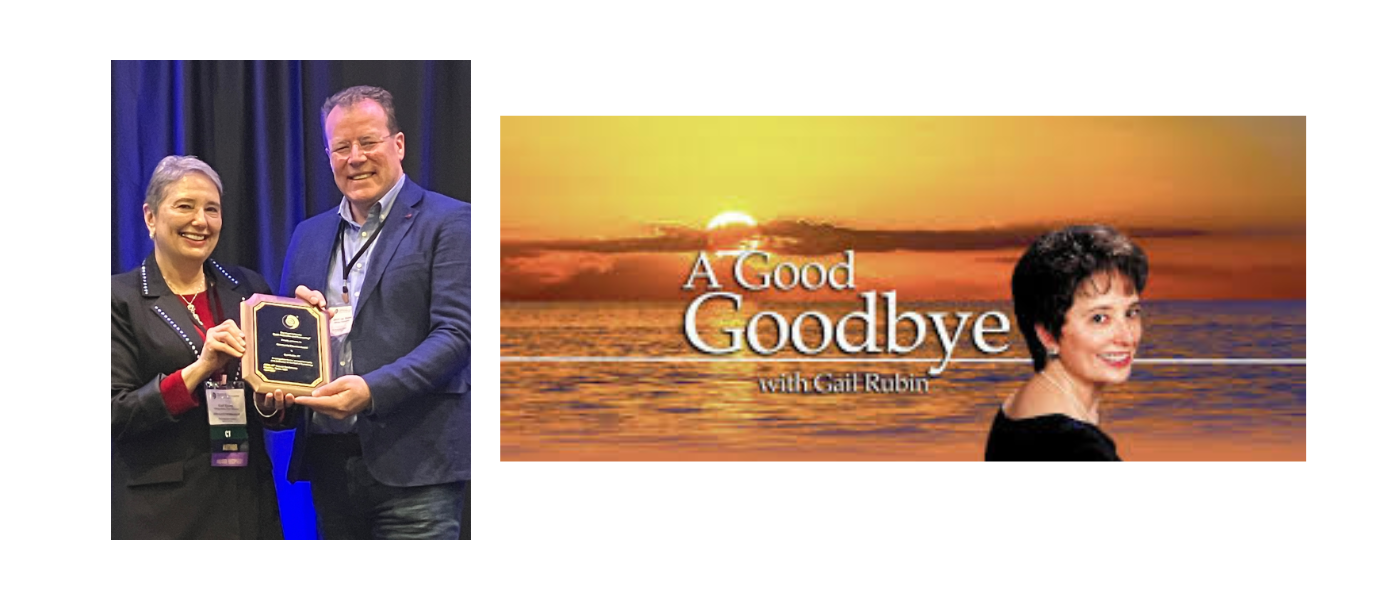12 Things I Wish I Knew Before I Became a Funeral Director
Article originally published by: Cosmopolitian
Author: By Arielle Pardes
This job isn’t sad all the time — seriously.
1. The job is physically and emotionally draining. If we’re doing two funerals in a day, I’m going to be on my feet moving flowers and carrying caskets to set everything up. You’re also sometimes on call during the middle of the night — not every hospital has a refrigeration system to keep bodies overnight — which can eat into your sleep schedule. It’s emotionally exhausting as well. A lot of deaths are from nursing homes and people under hospice care, but we do get calls to pick up children and victims of trauma.
2. But it isn’t always morose. Even though the families we care for are in mourning, really funny situations can arise in times of death. If Dad was a funny character and died in a natural, expected way, we sometimes get his children who sit in the room and banter like, “If Dad were here, he’d think this was hilarious.” Sometimes we get cases where someone has preplanned their funeral and written down some kind of funny, odd request; one time, a woman left extensive, handwritten instructions on what she wanted at her funeral but ended with “…but do what you want.” Those situations aren’t so bad, and it usually leads to stories about what kind of person they were in life and how, even after death, their personality still lives on.
4. You have to be good at science and business. Studying mortuary sciences, you learn the history of funeral services, merchandising, and management courses, as well as embalming chemistry, pathology, and restorative art courses. You can choose to focus on funeral directing or embalming, but the best people in this industry know both how to meet with clients and make arrangements for a ceremony and skillfully embalm a body.
5. Embalming is part art, part science. Embalming is basically the process of preserving and disinfecting a dead human body. You’re in charge of how this person will look when people say their good-byes, so there’s a lot of pressure to make them look as natural and peaceful as possible. Sometimes people die with wounds or tumors, and we can remove those if a family requests it and smooth them out with wax.
6. You won’t work regular hours. I started my career at a mortuary service, where we did “removals” [picking up a dead body] and embalming. That was an on-call schedule, meaning I had to be ready for dispatch at any moment for 48 hours at a time to pick up bodies from hospitals, homes, or wherever someone died. For me, that wasn’t sustainable. Now I work at a full-service funeral home where I work weekdays plus every third weekend. There has to be someone available at all times, because death — like birth — does not happen between the hours of 9 and 5.
CLICK HERE TO READ FULL ARTICLE FROM COSMOPOLITAN




